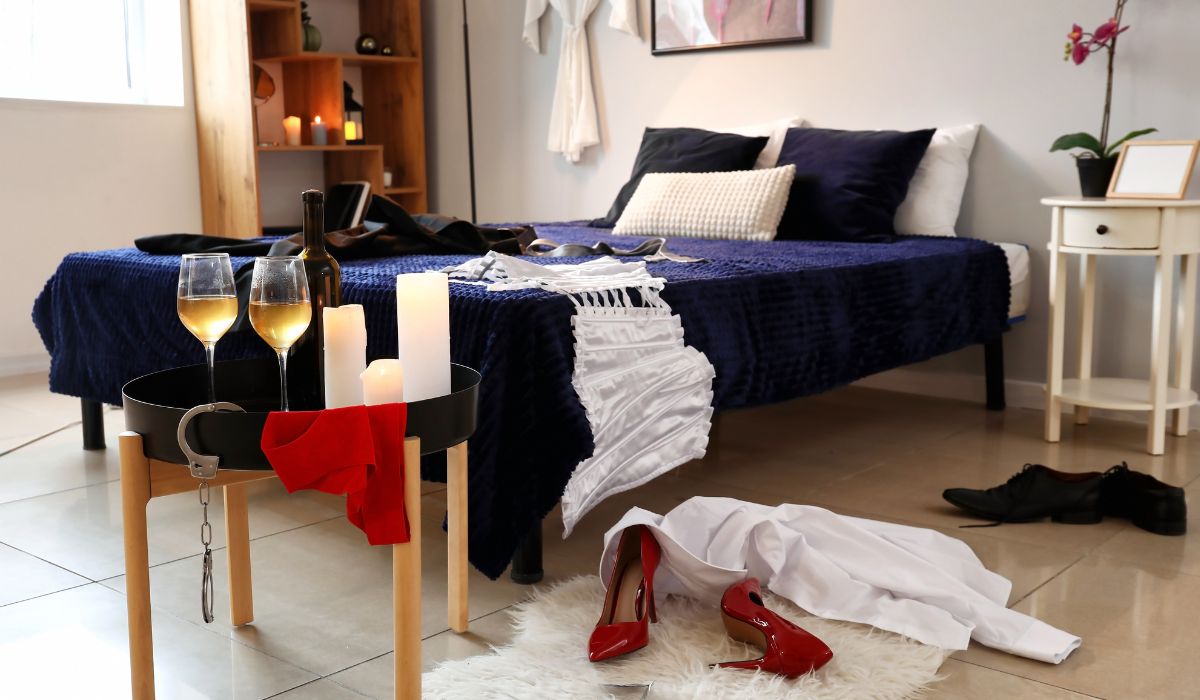LI Network
Published on: 16 May 2023 at 15:19 IST
In a case, the petitioner challenged the orders issued by the Family Court regarding the respondent’s application to obtain CCTV footage, booking details, and reservation records of a specific room in Hotel Fairmont.
A Single Judge Bench, Justice Rekha Palli, observed that the respondent, who was the estranged wife of the petitioner, lacked direct evidence of her husband’s involvement in acts of adultery.
By invoking Section 14 of the Family Courts Act, 1984, she sought to obtain evidence that she believed would support her allegation of adultery, which typically relies on circumstantial evidence.
The Court further stated that the impugned orders from the Family Court were solely concerned with the records related to the respondent’s husband and did not involve his friend or her daughter. Therefore, there was no violation of their right to privacy in any way.
The Delhi High Court was confronted with the issue of the husband’s claim for privacy in relation to the wife’s request to the court for access to records in order to support her accusation of adultery against him in her divorce petition.
The Court examined whether the respondent had presented a prima facie case and whether the information she sought was relevant to determine the dispute between the parties.
The Court acknowledged that the respondent, as the estranged wife, lacked direct evidence of her husband’s involvement in acts of adultery. By invoking Section 14 of the FCA, she sought to obtain evidence that she reasonably believed would substantiate her allegation, which primarily relies on circumstantial evidence.
The Court concluded that the respondent had successfully established a prima facie case against the petitioner and that the information she sought was relevant for proving the charge of adultery.
The Court emphasized that payment and reservation details, as well as the identification proofs of the individuals occupying the room, would shed light on whether the petitioner had indeed stayed with a woman other than his wife.
Additionally, the call details would indicate whether the conversations between the petitioner and the woman were of a nature and frequency expected between colleagues. Based on these considerations, the Court determined that the information sought by the respondent was indeed relevant to the case.

